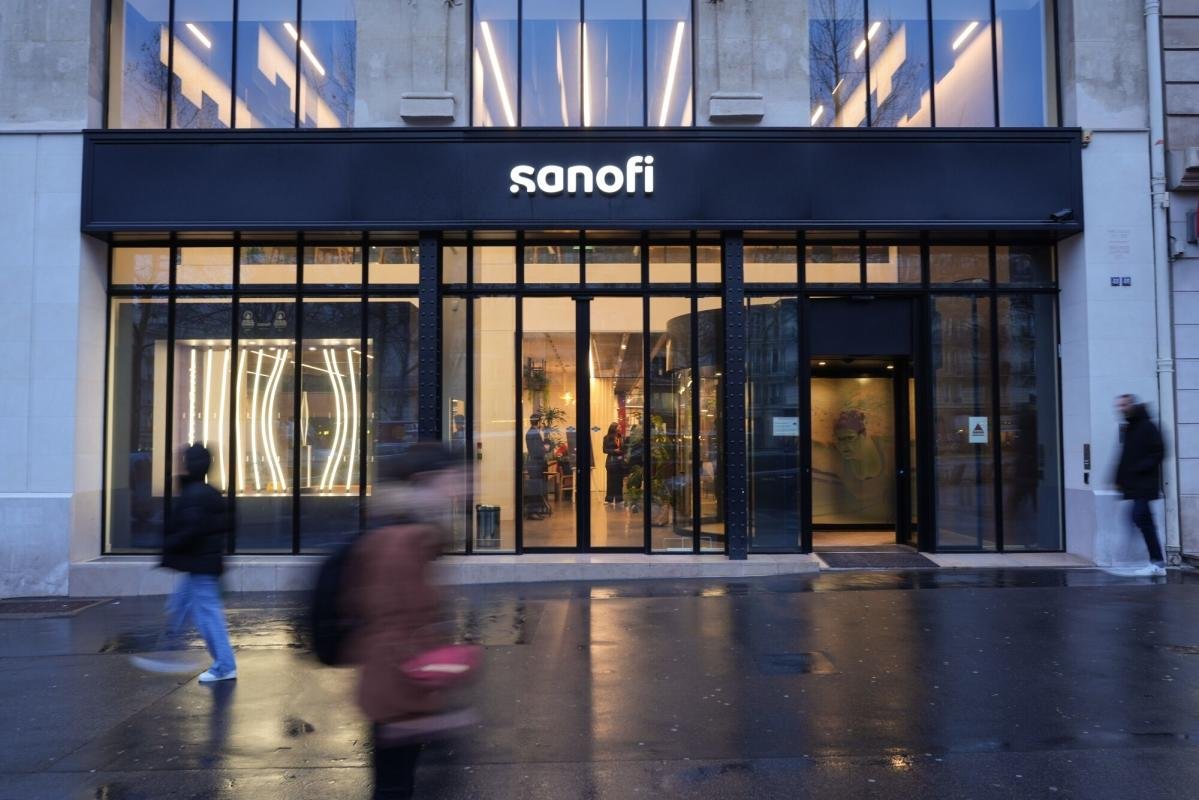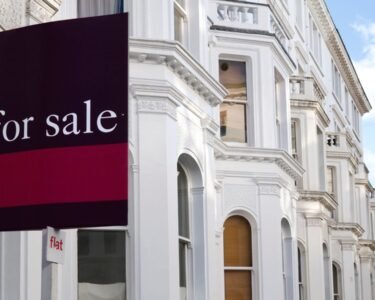(Bloomberg) — Potential bidders for Sanofi’s consumer health division are mulling debt packages of about €7.5 billion ($8.16 billion), according to people familiar with the matter, which would make it one of the biggest leveraged buyout financings in recent years.
Most Read from Bloomberg
Would-be buyers are set to approach both banks and direct lenders, said the people, who asked not to be identified because the process is confidential.
Private equity firms Advent International, Blackstone Inc., Bain Capital, CVC Capital Partners, EQT AB and KKR & Co. were among those to have shown interest in the unit, which could be valued at about $20 billion in a deal, Bloomberg News reported last month. Clayton Dubilier & Rice also is considering making a potential bid, the people said.
Traditional lenders are very much back in the market for funding risky transactions after spending months on the sidelines as they struggled to offload the debt deals on their balance sheets amid soaring interest rates, leaving the field open to direct lenders.
Now, with investors betting that rates have peaked, banks are more confident that they can underwrite big acquisitions and then sell the debt on via broadly syndicated loans. Buyout firms, as a result, are increasingly leaning toward banks to finance their deals because the loans are cheaper than private credit.
CD&R declined to comment.
Sanofi said in October it planned to split off the division, probably through a stock market listing. A representative on Friday said Sanofi doesn’t comment on market rumors when asked about potential bidders looking into financing. The company is still reviewing potential separation scenarios and believes a capital markets transaction is the most likely, at the earliest in fourth quarter, the spokesman said.
Advisers to the Paris-based drugmaker have communicated that it’s open to an outright sale if it can achieve its desired valuation, Bloomberg has reported.
If banks win the lending business for the Sanofi unit, bidders would likely look at financing in both dollars and euros, tapping both the high-yield bond and syndicated loan markets, the people said.
At about €7.5 billion, the borrowing would be just shy of the $8.64 billion raised for the partial buyout of Worldpay Inc. and the $9 billion package for the purchase of Truist Financial Corp.’s insurance brokerage business.
Elon Musk’s purchase of Twitter Inc. in 2022 included a $12.5 billion debt package, which ended with banks saddled with the risky loans.
In recent months banks have been winning out over direct lenders for large deals including the $5 billion leveraged loan deal to help fund KKR & Co.’s purchase of a stake in Cotiviti.
The jockeying between banks and private credit has been heightened by the relatively limited number of leveraged buyouts. Investment banks are so keen to get their lucrative fee-making underwriting machine back in action that they’ve been deploying private credit tactics including providing delayed-draw term loans and pitching for subordinated debt deals — the riskiest type of underwriting.
Sanofi’s disposal of the consumer health division is at an early stage and there’s no guarantee any of the private equity firms will make formal proposals. The unit sells over-the-counter products including Phytoxil cough syrups and Icy Hot pain relief gels.
–With assistance from Silas Brown.
(Updates to Sanofi declining to comment in seventh paragraph.)
Most Read from Bloomberg Businessweek
©2024 Bloomberg L.P.




